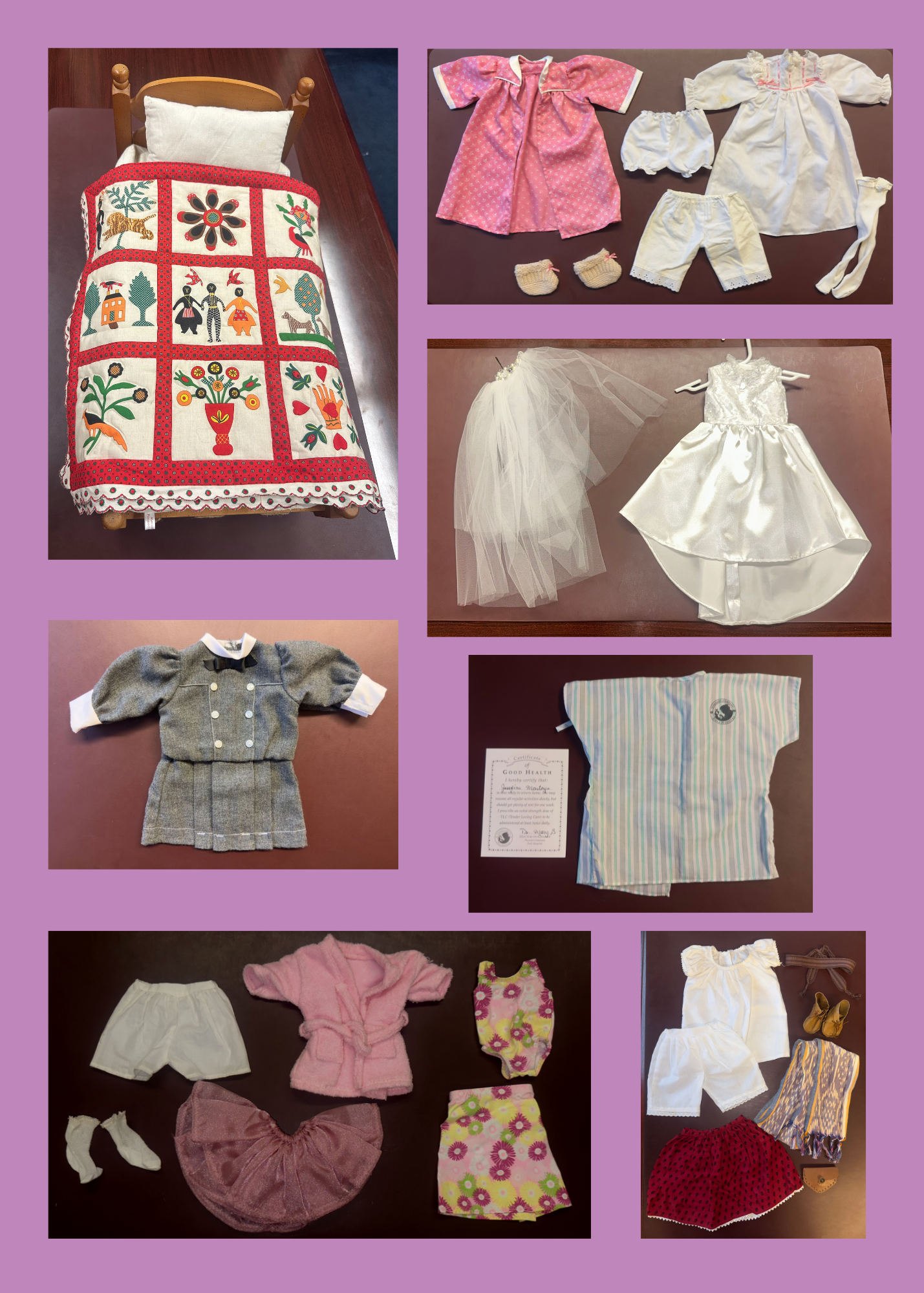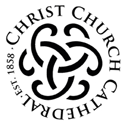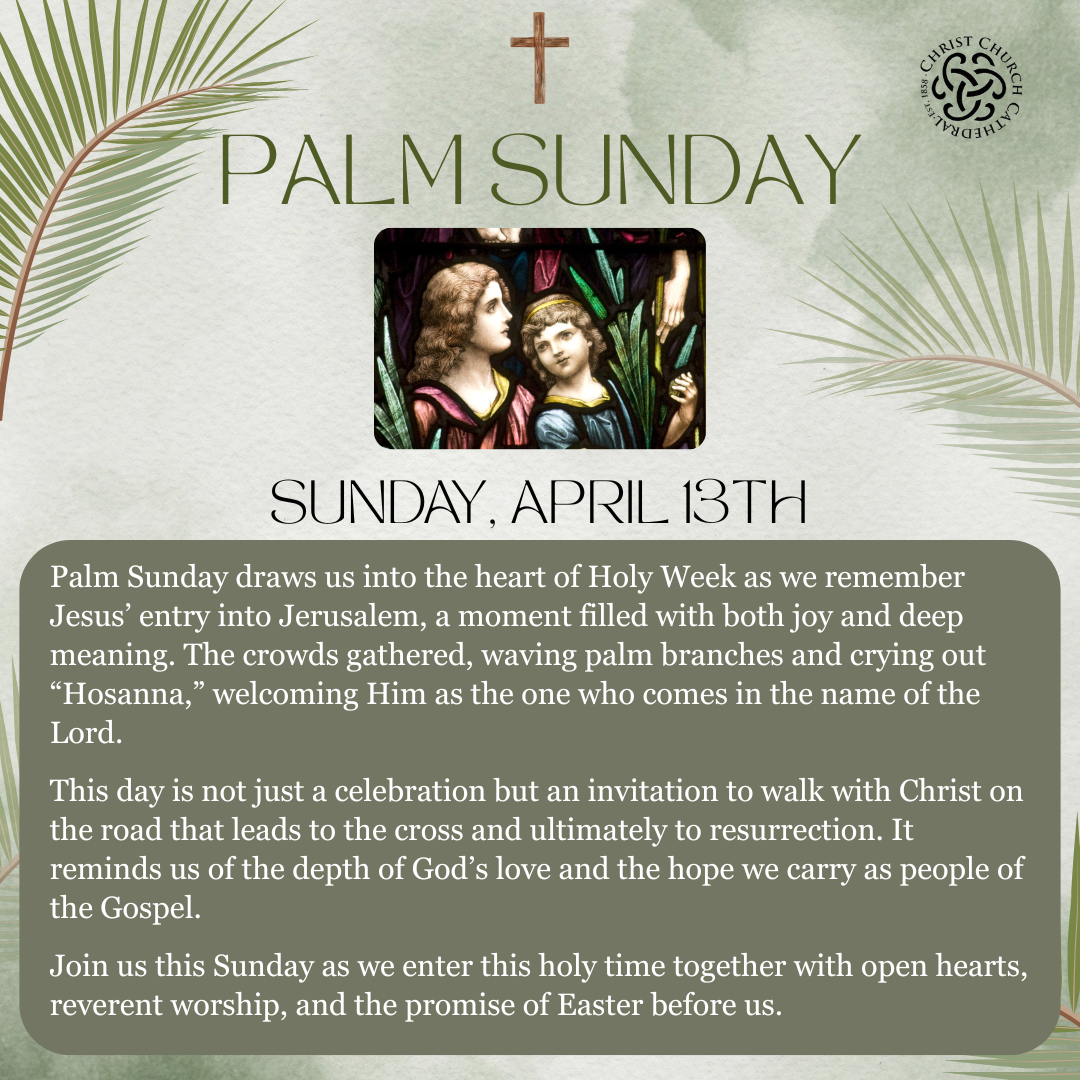News
Reach out to find the
new, reduced prices!




"Join us this Thursday at 11:15 am in the UUC sanctuary for a discussion on the issues, followed by a group walk over at 11:45am. Let’s come together, share ideas, and take action!
Information from the City:
Community meeting will be held April 10 so that businesses and the community as a whole can discuss the recommendations of the 2024 Parking Study conducted by Fishbeck Consulting. This is just the first meeting in the public engagement process.
City staff will lead the discussion and would like to hear if people agree with the recommendations, agree with recommendations with some modifications, disagree with recommendations, or have additional recommendations of their own.
City staff will lead the discussion and would like to hear if people agree with the recommendations, agree with recommendations with some modifications, disagree with recommendations, or have additional recommendations of their own.
A link to the recommendations and more information can be found below.
City of Eau Claire Parking Study Findings and Recommendations: https://www.
Parking Study Update page of our website: https://www.

We are in DESPERATE need of volunteers for Saturday!
Please let Jackie Hjelm
know if you can help. 

Service Schedule
Sunday
Rite II with Eucharist service – 9:00 AM;
In person, Zoom and Facebook live.
Click here to join Sunday morning Zoom service
Holy Days – Eucharist as announced in the Weekly Update



